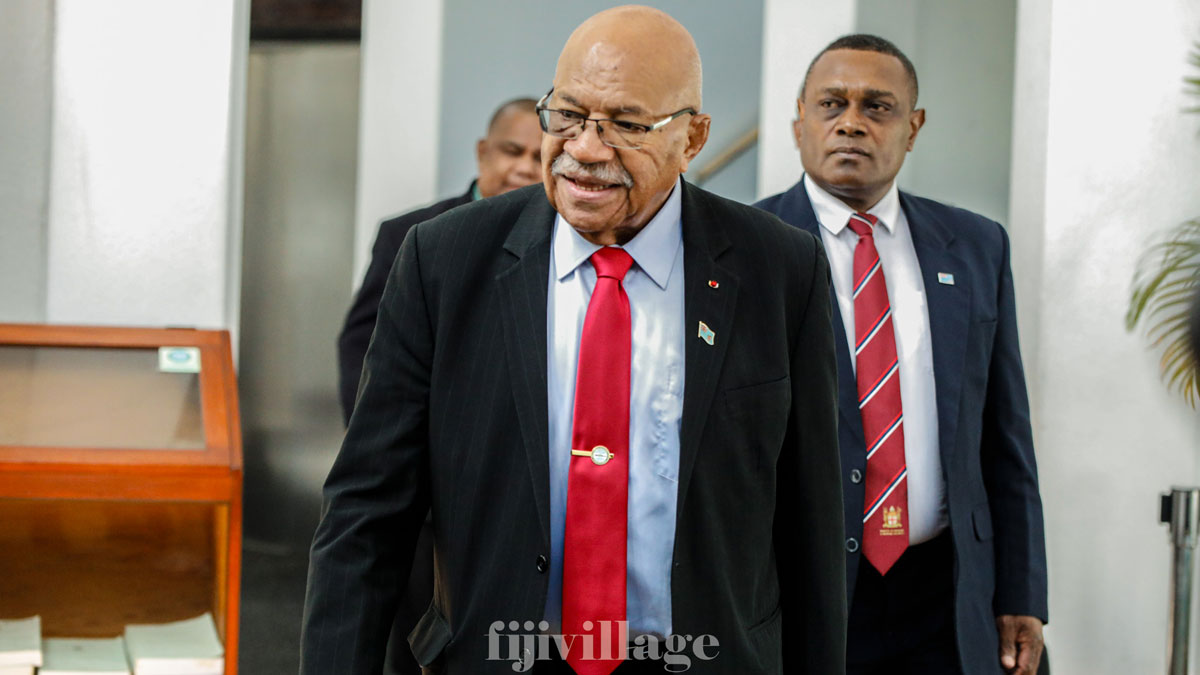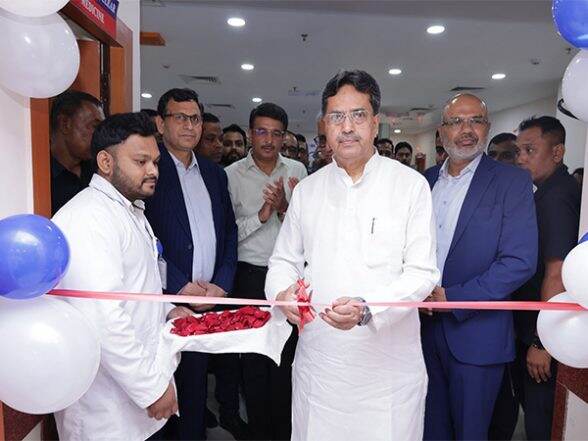Sindh Assembly Budget Session Marked by Continued Heated Debates
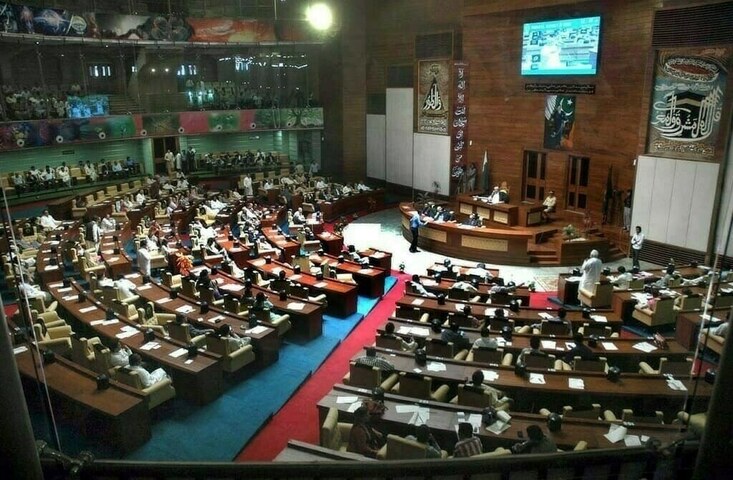
The Sindh Assembly concluded its third consecutive day of intense debate on the provincial budget for the fiscal year 2025-26, with 29 lawmakers contributing to discussions, bringing the total number of speakers to 84 over three days. The session, chaired by Deputy Speaker Anthony Naveed, saw a clear division between the ruling Pakistan Peoples Party (PPP) and opposition members. Treasury benches lauded the budget as development-oriented and beneficial for the people, while the opposition fiercely criticized it as disconnected from public realities, particularly in urban Sindh, and even praised the fiscal direction taken by Punjab under Maryam Nawaz.
Provincial Minister for Culture Syed Zulfiqar Ali Shah highlighted achievements within his portfolio, including efforts to develop Gorakh Hill into a family-friendly tourist destination and initiatives to digitize Bhitaipedia and the Sindhi language. He also proposed a residential colony for writers and poets, while lamenting budgetary restrictions that prevent the tourism department from purchasing vehicles. The Gorakh Hill Authority reportedly receives an annual allocation of Rs250 million.
However, opposition members voiced strong discontent. MQM's Farhan Ansari expressed deep frustration over the budget's failure to address Karachi's urgent needs, pointing out issues with electricity and water in Gulshan-e-Iqbal and accusing the government of neglecting basic urban infrastructure. PTI's Sajjad Ali Soomro sharply criticized Sindh’s education sector, noting that six million children remain out of school despite significant spending, and highlighted lawlessness in riverine areas. MQM’s Abdul Basit quipped that even if the budget were in dollars, it wouldn’t improve Sindh’s condition, also criticizing the non-implementation of the senior citizen card program.
On the treasury side, PPP’s Qasim Siraj Soomro defended the budget, asserting it reflects genuine efforts to uplift the province. He cited improvements in Nagarparkar schools and 56 dams in Thar, though acknowledging that many RO plants remain in disrepair. MPA Adil Altaf Unar expressed gratitude for road projects in his constituency, and PPP’s Liaquat Ali Askani revealed that nine major schemes have been earmarked for Karachi, emphasizing the need for a trauma centre in Baldia Town.
Ministers also provided updates on their portfolios. Minister for Social Welfare Tarique Ali Talpur discussed collaboration with NGOs on senior citizen initiatives and urged the federal government to withdraw the 18% tax on solar panels. Riaz Hussain Shah Sheerazi, Minister for Auqaf and Zakat, reported 122,000 beneficiaries registered under the Zakat program, with funds managed via Islamic banks, and announced new schemes for the shrine of Lal Shahbaz Qalandar.
Further criticisms from the opposition included PPP’s Malik Sikander Khan mentioning 52 closed primary schools in Thana Bula Khan due to teacher shortages. MQM’s Qurat Ul Ain Khan labeled the budget anti-people, accusing the government of marginalizing her party and highlighting issues like the unbuilt Landhi Medical College and widespread load-shedding and inflation in Karachi. Muhammad Usman of MQM criticized inequitable tax distribution, suggesting Karachi be handed over to the Centre due to neglect of its basic needs. Arsalan Perwaiz pointed out a lack of potable water, roads, and ambulances in PS-98, alleging corruption and zero budget allocation for his area.
PTI’s Sajid Hussain focused on Karachi’s chronic problems, citing a 20-year lack of clean drinking water, open drug sales, and children out of school, calling the situation
You may also like...
How Technology, Equity, and Resilience are Reshaping Global Healthcare

The global healthcare system is undergoing a profound transformation, driven by technological leaps, a renewed focus on ...
A World Unwell: Unpacking the Systemic Failures of Global Health

From recurring pandemics to glaring inequities, the global health system is under immense strain. This article explores ...
Sapa-Proof: The New Budget Hacks Young Nigerians Swear By

From thrift fashion swaps to bulk-buy WhatsApp groups, young Nigerians are mastering the art of sapa-proof living. Here ...
The New Age of African Railways: Connecting Communities and Markets
(5).jpeg)
African railways are undergoing a remarkable revival, connecting cities, boosting trade, creating jobs, and promoting gr...
Digital Nomadism in Africa: Dream or Delusion?

For many, networking feels like a performance — a string of rehearsed elevator pitches and awkward coffee chats. But it ...
The Ethics of Brain-Computer Interfaces: When Technology Meets the Mind
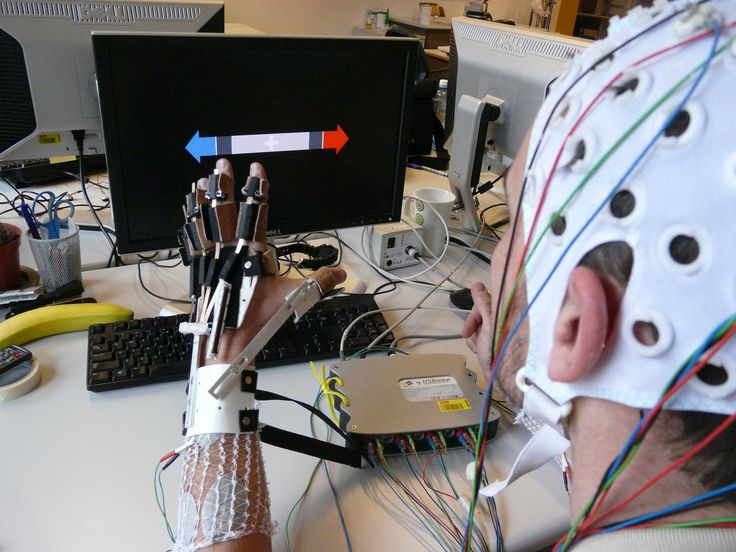
This piece redefines networking as a practice rooted in curiosity, generosity, and mutual respect, sharing stories from ...
Carthage: The African Power That Challenged Rome
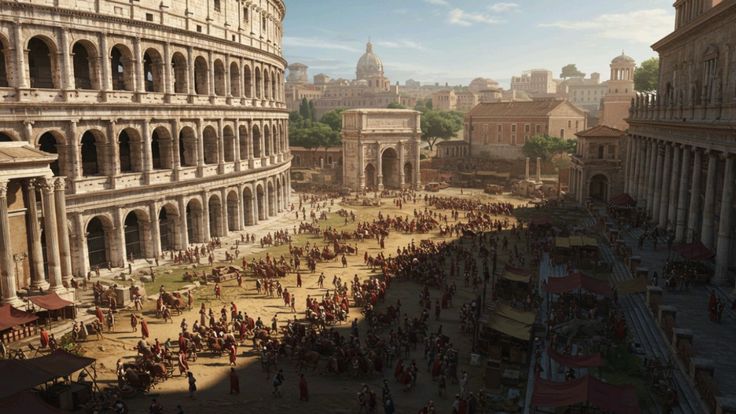
Long before Rome became the undisputed master of the Mediterranean, it faced a formidable African rival whose power, wea...
Africa’s Oldest Seat of Learning: The Story of al-Qarawiyyin
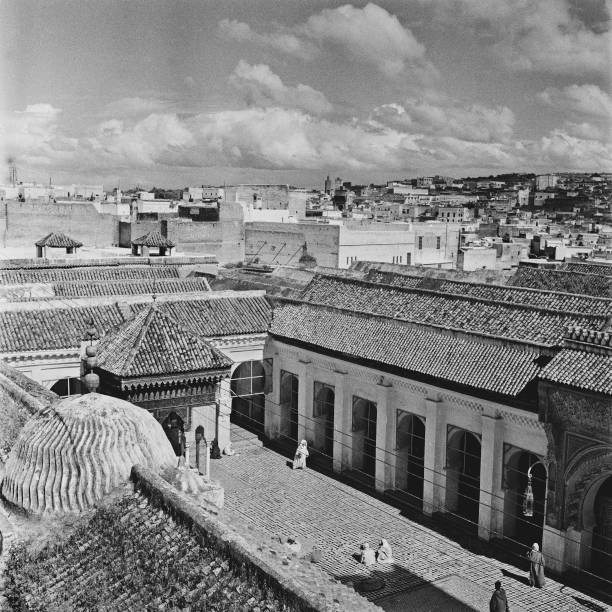
Long before Oxford or Harvard opened their doors, Africa was already home to a seat of learning that would shape global ...

